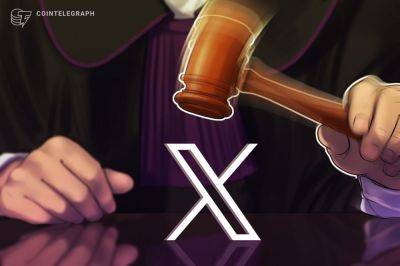UK Law Commission report challenges Craig Wright’s suit against Bitcoin developers
A recent report released by the United Kingdom’s Law Commission could weaken a central argument brought by Craig Wright in his controversial lawsuit against 12 Bitcoin core developers, argues the Bitcoin Legal Defense Fund (BLDF).
In a 300-page report on digital assets published in late June, the Law Commission — an independent body that reviews and recommends reforms to U.K. and Whales laws — cited a classification of fiduciary duty that bolsters the developers’ defense that they are not directly responsible for 111,000 Bitcoin (BTC) lost to hackers.
Wright, owner of Tulip Trading, claimed in a 2021 lawsuit that developers involved in the open-source development of Bitcoin Core owed him a fiduciary duty in connection with his loss. In order to recover the allegedly stolen funds, Wright is seeking a back door into the Bitcoin Core blockchain. Wright is also known for claiming he is Bitcoin’s pseudonymous creator Satoshi Nakamoto.
The bitcoin protocol was set in stone to create a system that is stable. Bitcoin is not a Cryptocurrency. By definition, Cryptocurrencies are anonymous and untraceable. Bitcoin is pseudonymous and traceable, it is digital cash.Don't believe everything you see at first sight. pic.twitter.com/vPt4a0fEEx
The U.K. report sheds light on the definition of fiduciary duty, claiming that categories of fiduciary recognized by the law include “agents, trustees, partners, company directors, and solicitors." The report said fiduciary duty rarely exists outside these categories. According to the BLDF, the developers’ legal representative, the defendants do not fit any criteria mentioned by the Commission.
“They are not agents, trustees, partners, company directors, or solicitors, and they never ‘undertook or were
Read more on cointelegraph.com






















